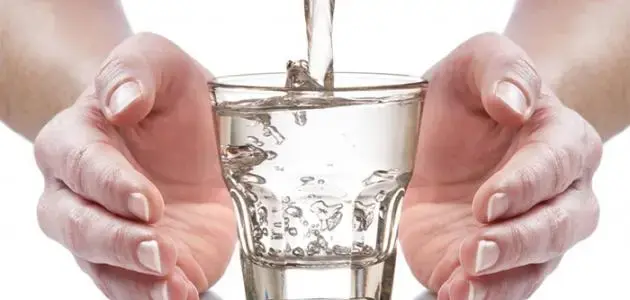Why Water is Great for Your Kidneys
Drinking water does wonders for your kidneys—especially when you compare it to sugary drinks loaded with calories. Staying hydrated can lower your risk of urinary tract infections (UTIs) and kidney stones. Kidney stones are basically hard clumps of minerals that form in your urinary tract.
Some studies, including one from the Cochrane Systematic Review in 2012, suggest that drinking more water may help prevent kidney stones from coming back. Water can also boost how well antibiotics work when you're dealing with a UTI.
One 2018 study in JAMA found that women who usually drank less than 1.5 liters of water a day had fewer UTIs over a year when they started drinking more water. So, more water = fewer infections. Pretty simple.
On top of that, water plays a big role in how your kidneys function. It helps dissolve nutrients and minerals, making it easier for your body to absorb them. It also helps flush out waste. If your kidneys aren’t working well, waste and extra fluids can build up, which might lead to chronic kidney disease or even kidney failure—meaning you’d need dialysis or a transplant.
Dehydration and What It Can Do
If you lose more water than you take in, you can get dehydrated. This messes with your electrolyte levels—things like sodium, potassium, and phosphate that help your nerves send signals throughout your body. When these get out of whack, it can trigger seizures and other serious problems. In extreme cases, dehydration can lead to kidney failure, heart issues, anemia, central nervous system damage, immune system problems, and even increase the risk of death.
Other Health Benefits of Water
Water isn't just good for your kidneys—it’s great for your whole body. Drinking enough water daily helps keep your circulation, digestion, and nutrient absorption running smoothly. It also helps your body get rid of waste and keeps your temperature around 98.6°F (37°C).
Water delivers oxygen and nutrients to every cell in your body. It also keeps your joints and tissues—like your eyes, nose, and mouth—lubricated. Staying hydrated can boost your physical performance, energy levels, and even brain function. Your brain is super sensitive to hydration levels!
Can Too Much Water Be a Problem?
Even though water is super important, people with serious kidney problems—like chronic kidney disease—should check with their doctor about how much water they should drink. Their bodies might not be able to get rid of extra fluids efficiently. This can lead to a condition called hypervolemia, where you retain too much fluid. That can cause painful swelling and trouble breathing.
People on dialysis especially have a hard time keeping their fluid levels balanced. They’re usually advised to cut back on salt and limit fluid intake between sessions. If that’s you, a dietitian can help you manage your thirst and figure out how much water is safe—usually around 945 ml (about 4 cups) per day.
How Much Water Do You Really Need?
There’s no one-size-fits-all answer. How much water you need depends on your age, health, how hot it is, and what you eat. In general, if you're healthy, 4 to 6 cups a day is a good starting point. But if you have kidney issues or other health concerns, even that might be too much—so definitely talk to your doctor.
A Quick Look at Water
All living things need water to survive. It makes up more than half your body weight, and you can’t go more than a few days without it. Your body needs water to keep things running smoothly. Drinking enough water helps your kidneys do their job—getting rid of toxins and keeping you healthy.
Leave a comment
Your email address will not be published. Required fields are marked *




